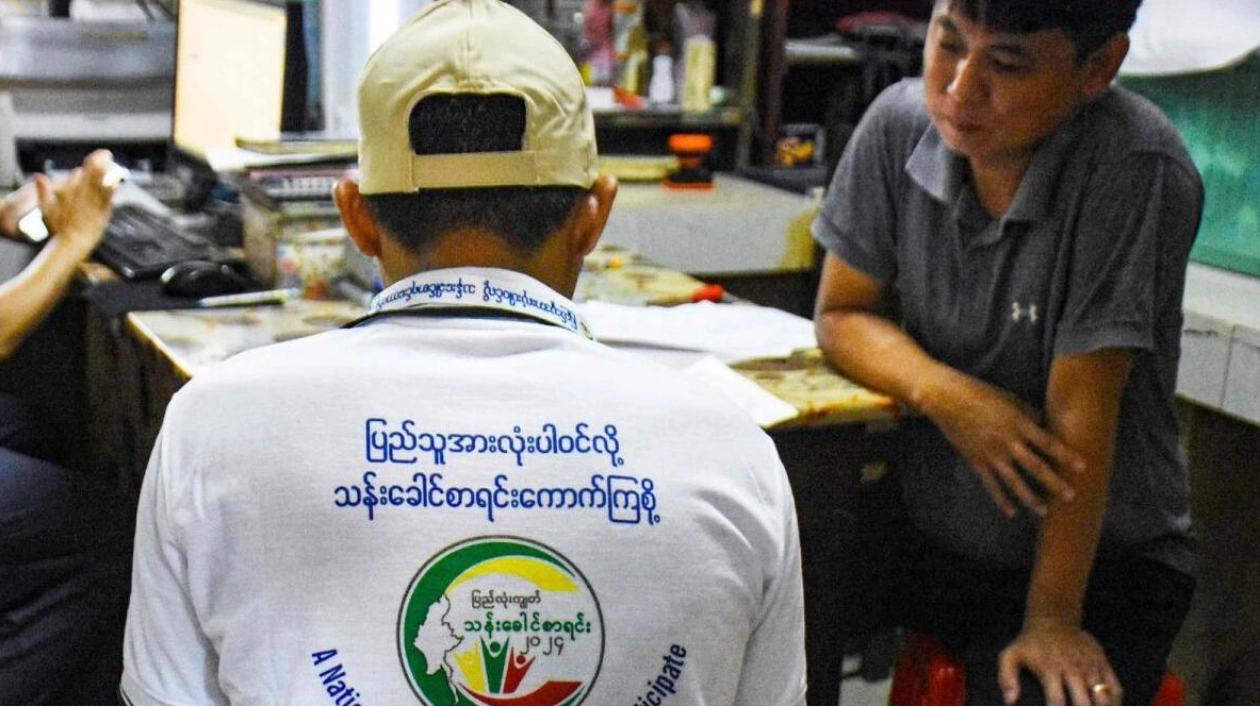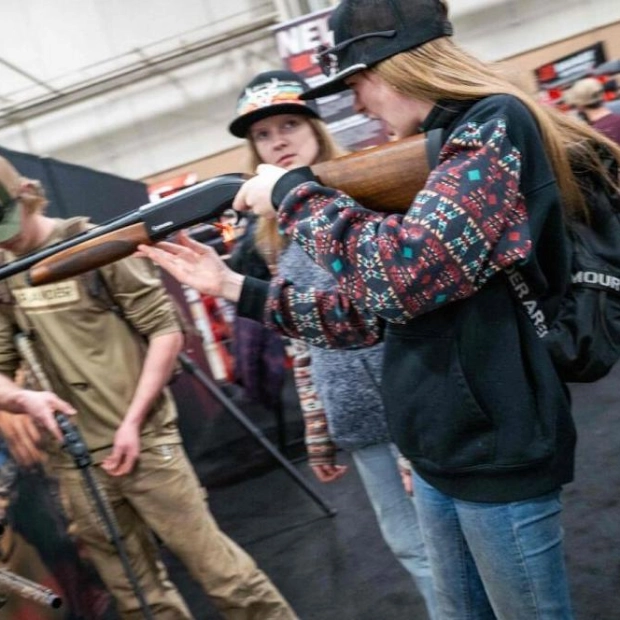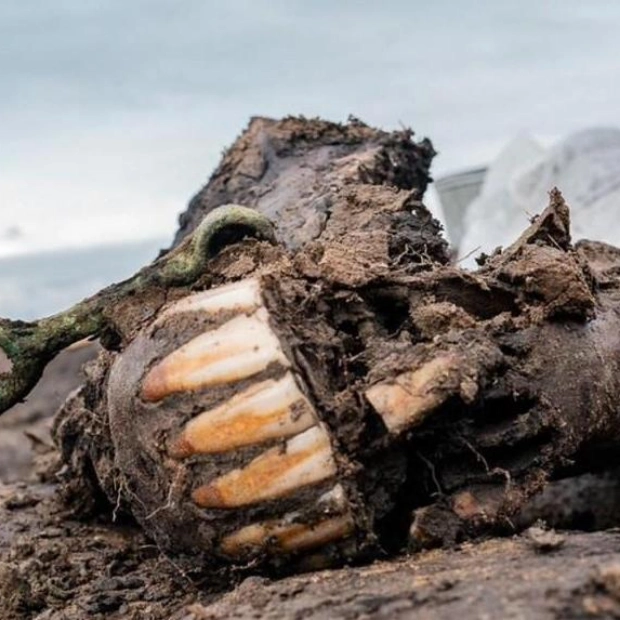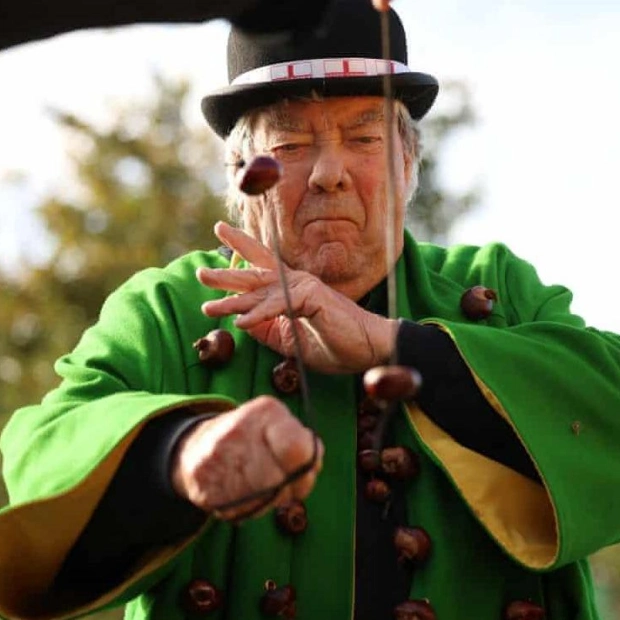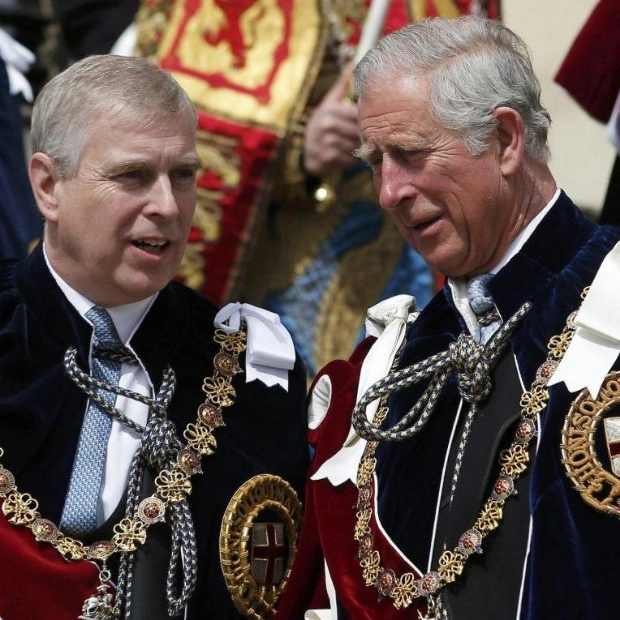On Wednesday, census takers in Myanmar, accompanied by police and soldiers, ventured into the streets for a national survey that anti-junta groups have called for a boycott. The ruling junta is proceeding with the census despite losing control over significant parts of the country to armed groups opposing its rule. Despite the ongoing violent conflict across much of Myanmar, the junta asserts that the survey is necessary to update voter lists in preparation for promised elections in 2025. Enumerator teams, accompanied by soldiers and armed police, went door-to-door in Yangon to complete the 68-question survey.
A military officer, speaking anonymously to AFP due to lack of authorization to speak to the media, stated, "School teachers, local authorities, police, and local militia members are conducting the census. Militias who have undergone basic military training are providing security in their respective areas." He added, "We have increased security measures during the census due to threats from terrorists."
This census comes as the junta, led by General Min Aung Hlaing, faces battlefield setbacks from ethnic minority armed groups and pro-democracy 'People's Defence Forces' (PDFs) that emerged in opposition to the military coup in 2021. The military has labeled many of these groups as "terrorists" but recently extended an unprecedented invitation for talks on the country's civil war. Min Aung Hlaing and other senior junta members were among the first to be surveyed as data collection commenced on Tuesday. The census is set to continue until October 15.
The survey includes questions about family members living away from home, which critics argue is a method for the junta to identify individuals who have joined armed groups or fled the country to evade conscription. Wai Wai, a mother of three from Lewe township near the military-built capital of Naypyidaw, told AFP, "They primarily focused on a list of family members in the household and inquired about family members who are living away."
The census also delves into questions about householders' ethnicity and the language spoken at home, issues that are highly sensitive in Myanmar, a nation with a complex mosaic of cultural, ethnic, and linguistic groups. Various ethnic groups have long sought to assert their identity and compete for influence and resources while resisting the military, which is dominated by the ethnic Bamar majority. Over 20 ethnic minority armed groups have fought for decades against the army to maintain control over their home areas and the lucrative trade in drugs, timber, and jade.
Several of these groups have condemned the census and urged people not to participate. The Chin Brotherhood Alliance, a coalition of ethnic armed groups in western Chin state, stated that the census is "only aimed at prolonging the power of the military council" and warned against cooperation. The Karen National Union (KNU), which has been fighting the military for decades for greater autonomy along the border with Thailand, also opposed the census. Saw Thamain Tun, a KNU leader, argued that the junta is attempting to create political legitimacy for its coup through the census. In eastern Mon state, the New Mon State Party (Anti-Dictatorship) also encouraged people not to respond to the survey, with spokesperson Nai Banya Mon declaring, "We will not accept their census."
